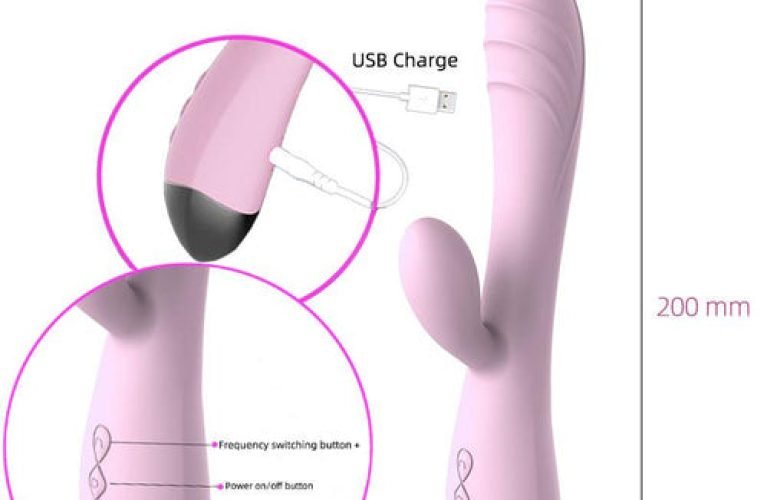
Fizz Up Your Life: Understanding Carbonator and Carbonation Machines
Introduction
If you’re a fan of sparkling beverages like soda, seltzer, or carbonated water, you may have come across terms like “carbonator machine” and “carbonation machine.” These devices play a crucial role in creating those delightful bubbles in your favorite drinks. In this blog, we will delve into the world of carbonation and explore how these machines work, the various types available, and their impact on our daily lives.
- The Science of Carbonation
Carbonation is the process of dissolving carbon dioxide (CO2) gas into a liquid, typically water, to create effervescence or bubbles. Understanding the science behind this phenomenon is key to grasping the importance of carbonator and carbonation machines.
When CO2 is introduced to water under pressure, it forms carbonic acid (H2CO3). This acid is weak and readily breaks down into bicarbonate ions (HCO3-) and hydrogen ions (H+). The bicarbonate ions provide a refreshing, slightly tangy flavor, while the bubbles produced by the release of CO2 add the fizzy, effervescent quality to the beverage.
- Carbonator Machines
A carbonator machine, also known as a soda carbonator or beverage carbonator, is a device designed to infuse water with CO2 gas. These machines come in various forms, including home soda makers, commercial beverage dispensers, and industrial-scale carbonation systems. Here are some key aspects of carbonator machines:
- Home Soda Makers: These are compact machines designed for personal use. Popular brands like SodaStream allow you to carbonate your water at home and add flavorings of your choice, providing an eco-friendly and cost-effective alternative to store-bought sodas.
- Commercial Carbonators: Restaurants, bars, and cafes often employ commercial carbonation systems to dispense sparkling beverages like soda and seltzer. These machines are more robust and capable of handling high volumes of carbonation.
- Industrial Carbonation Systems: Large-scale production facilities use industrial-grade carbonators to carbonate beverages for mass distribution. These systems are highly automated and can carbonate vast quantities of liquids quickly.
III. Carbonation Machine
A carbonation machine, on the other hand, refers to the equipment used to carbonate beverages on an industrial scale. It encompasses a range of devices and processes used in beverage manufacturing and bottling. Here’s what you need to know about carbonation machines:
- Carbonation Methods: Carbonation machines use various methods to dissolve CO2 into beverages. The most common methods include injection (directly adding CO2 gas), impregnation (using CO2 under high pressure), and in-line carbonation (mixing CO2 with the liquid during the bottling process).
- Precision and Consistency: Carbonation machines are designed to ensure precision and consistency in carbonation levels. This is critical for maintaining the desired taste and quality of beverages, whether it’s soda, beer, sparkling wine, or any other carbonated drink.
- Beverage Variety: These machines cater to a wide range of beverages, from soft drinks and sparkling water to beer, cider, and champagne. Different beverages require specific carbonation techniques to achieve the desired flavor and effervescence.
- The Impact of Carbonation Machines
- Eco-Friendly: Home carbonation machines promote sustainability by reducing the need for single-use plastic bottles and aluminum cans. You can reuse your carbonation bottle, reducing waste and your carbon footprint.
- Health Benefits: Carbonation machines enable you to control the level of carbonation in your drinks, allowing for a healthier alternative to sugary sodas. You can also enjoy the benefits of hydration without sacrificing flavor.
- Beverage Customization: Whether you prefer lightly sparkling water or intensely carbonated soda, carbonation machines give you the power to customize your beverages to your taste.
Conclusion
Carbonator and carbonation machines are pivotal in quenching our thirst for fizzy drinks. These machines, from the small soda maker on your kitchen counter to the massive carbonation systems in industrial plants, offer us the delightful taste of carbonated beverages. They also play a significant role in reducing waste and allowing for healthier, more sustainable drink options. So the next time you enjoy a refreshing, bubbly beverage, you’ll have a deeper appreciation for the science and machinery behind it.











